Dave Barry said he works hard 40 hours a week to make every column sound as if he tossed it off in 20 minutes after having four to six beers.
One of my favorite comments about writing.
Dave Barry said he works hard 40 hours a week to make every column sound as if he tossed it off in 20 minutes after having four to six beers.
One of my favorite comments about writing.
Box CEO Aaron Levie: “The reason I’m insanely bullish on AI… “ AI provides the possibility of indexing and working with unstructured information, which is the vast majority of information in a business.
Not just in business. Everywhere, in everything.
Parable of the Sofa — Tim Bray praises lifestyle businesses.
In the 2000s and early 2010s I developed a 3- to 4-can a day Diet Dr Pepper habit. Our nurse-practitioner advised me to cut it out; she said she wasn’t satisfied with the studies of consuming that much artificial sweeteners at that level over a long period. So I stopped.
It wasn’t hard. Quitting smoking was hard.
Sometimes I still want a diet soda, and then I have one when I do. Not often. A few times a year. Diet soda isn’t meth, a little every now and then won’t harm you.
The moral of this story is that not every bad habit is hard to break. Sometimes it’s not a moral struggle and life-changing experience. Sometimes you get a habit of doing a thing on the regular, and then you get credible information it might not be good for you, and you stop doing that thing.
Dr Pepper is now the second-most popular carbonated soft drink in the US, beating Pepsi. Coke is still number one by far. M.G. Siegler has thoughts.
I liked Mr. Pibb, a Dr Pepper ripoff, when I was in college at SUNY Binghamton. Dr Pepper was unavailable there and then.
I’m glad to see M.G. Siegler is back to blogging regularly. He’s talented.
I like the idea of having a public record of noteworthy and interesting things I’ve read, watched and listened to, but I’d rather reserve mitchw.blog for my own creations and thoughts. Other social media platforms (Reddit, Facebook, Tumblr, Masto, Threads, etc.) are siloed off from each other.
I’d like to find a place that’s centralized, that belongs to me and automatically propagates to other social media. Maybe just a separate category here on mitchw.blog? Or a separate blog entirely? Micro.blog, the platform I use to host mitchw.blog, will let me start another blog at no additional cost.
Is Altsore in the US stable and safe to run on a daily driver iPhone? I’m tempted but I don’t want to make my main iPhone unstable, buggy or unsafe. Do any American users here have experience with it?
Hamilton Nolan: The Left Is Not Joe Biden’s Problem. Joe Biden Is — Almost nobody on the left is refusing to vote for Biden over Gaza or anything else; it’s a false argument to scold the left and say they need to support him because Trump’s worse. Also: “Without a theory of change, nothing changes.”
Convicted felon, adjudicated rapist, 11-times bankrupt and two-time loser of the popular vote.
I found out last night that Facebook allows me to automatically cross-post to Threads, so I switched that on.
Find me on Threads at @mitchwagner@threads.net. You can follow me there from Mastodon or elsewhere in the Fediverse.
I like this a lot. Anything I can do to broaden my vast social media empire without having to do a lot of cut-and-pasting makes me happy.
Like I said yesterday, I’m consolidating where I post on social media just to avoid all the cut-and-pasting and fussing. I’m limiting my meme and social media posts to Facebook, Tumblr and—now—Threads. Here I am on Tumblr and Facebook:
Reviewing my notes app I find the following, which I wrote to myself at 9:29 last night:
Dogs
Cats
Monkeys
I do not remember writing this. Why did I leave this note for myself?

I used a Radio Shack TRS-80 Model 100 computer in the 1980s, and loved it.
I worked for a community daily newspaper, the New Jersey Herald in Newton, NJ, 1985-89. I drove 40 minutes each way from the newsroom to cover city government meetings in Vernon, NJ. After the meeting, I’d write my article on the Model 100 in the lobby of the city municipal building.
To submit the article, I’d use a gadget called an “acoustic coupler.” This was two suction cups with speakers and microphones inside them, attached to each other by wires and plugged into the computer by another wire. I’d drop a bunch of quarters into the phone—later I used a calling card—punch the number into the phone, attach a suction cup each to the earpiece and mouthpiece of the payphone, press a couple of buttons on the Model 100, and the article would upload automatically to the newspaper publishing computer. It took a minute or two to finish. Connetions were shockingly slow then. When the article was done, I’d call in to the newsroom to double-check to be sure the article made it and then hop in my Honda Accord and drive back, chain-smoking the whole way.
When I arrived at the newsroom, my editor would have already edited the article and it would be ready for my revision.
I suppose I’d like to play with a Model 100 for a minute sometime in the future, but I have no desire to own one today. Today’s technology is so much nicer. Still, the Model 100 was great for its day.
Photo by NapoliRoma - Own work, Public Domain, Link
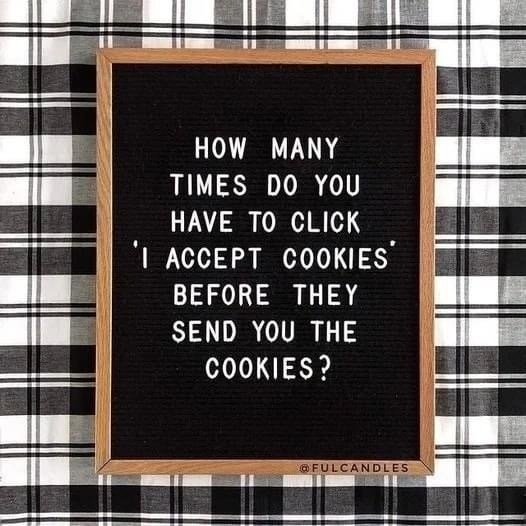
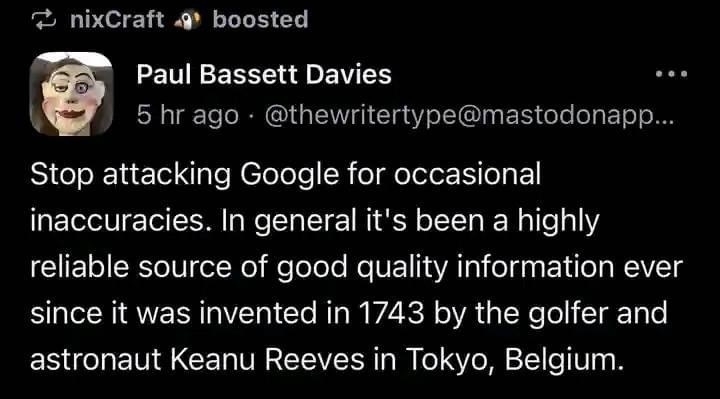
The Hugos There podcast discusses “A Wrinkle in Time,” by Madeline L’Engle — Good episode. I want to reread the book now. I haven’t read it since I was a kid. I recall bouncing off the mix of science fiction and fantasy. I could relate to Meg, a weirdo who desperately wanted to be normal and fit in.
📷🐈⬛I guess I’ll put this sweatshirt in the laundry bin later.
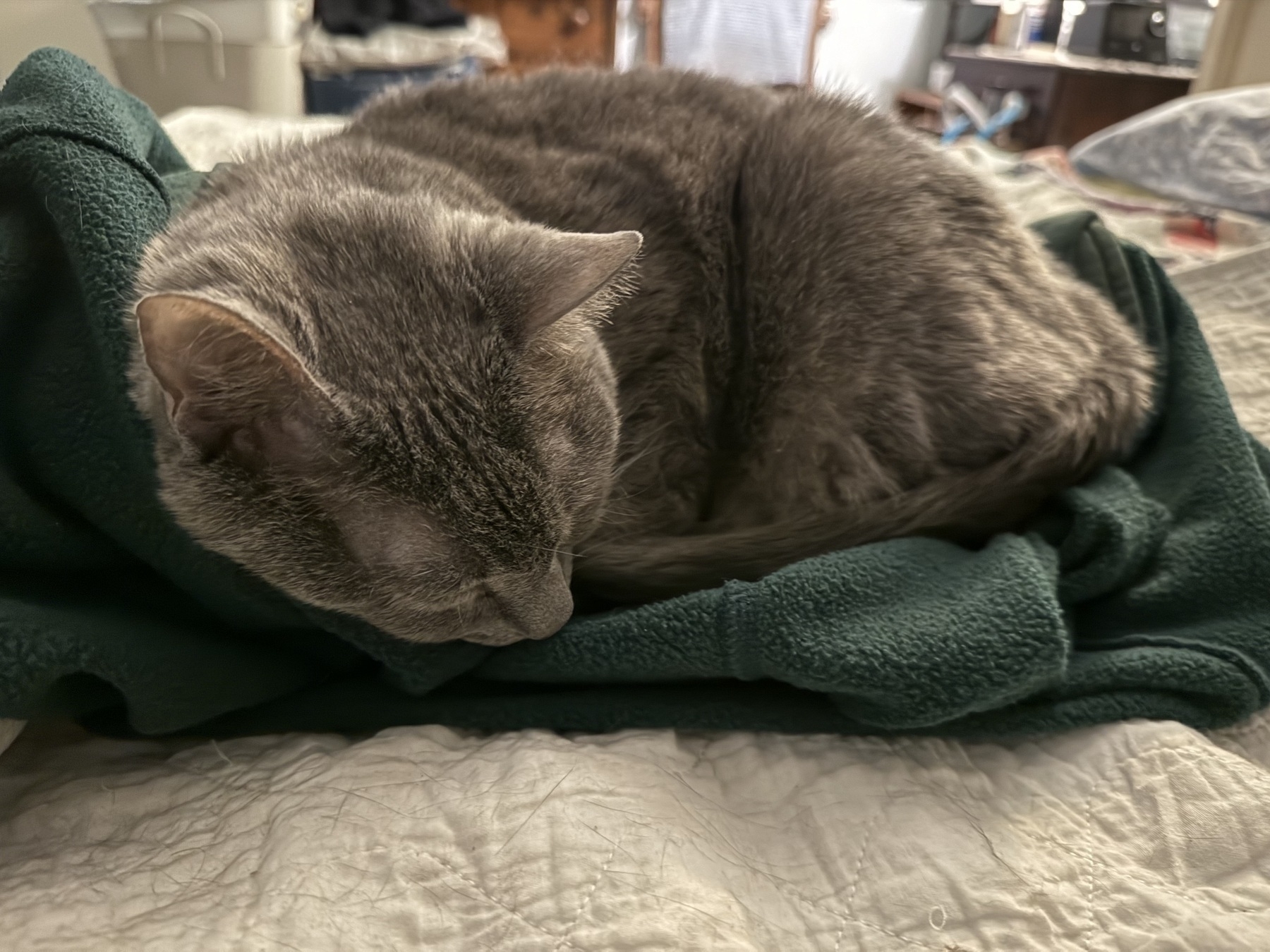


Helen Keller remembers her life before she became conscious of her self. “Before my teacher came to me, I did not know that I am.”
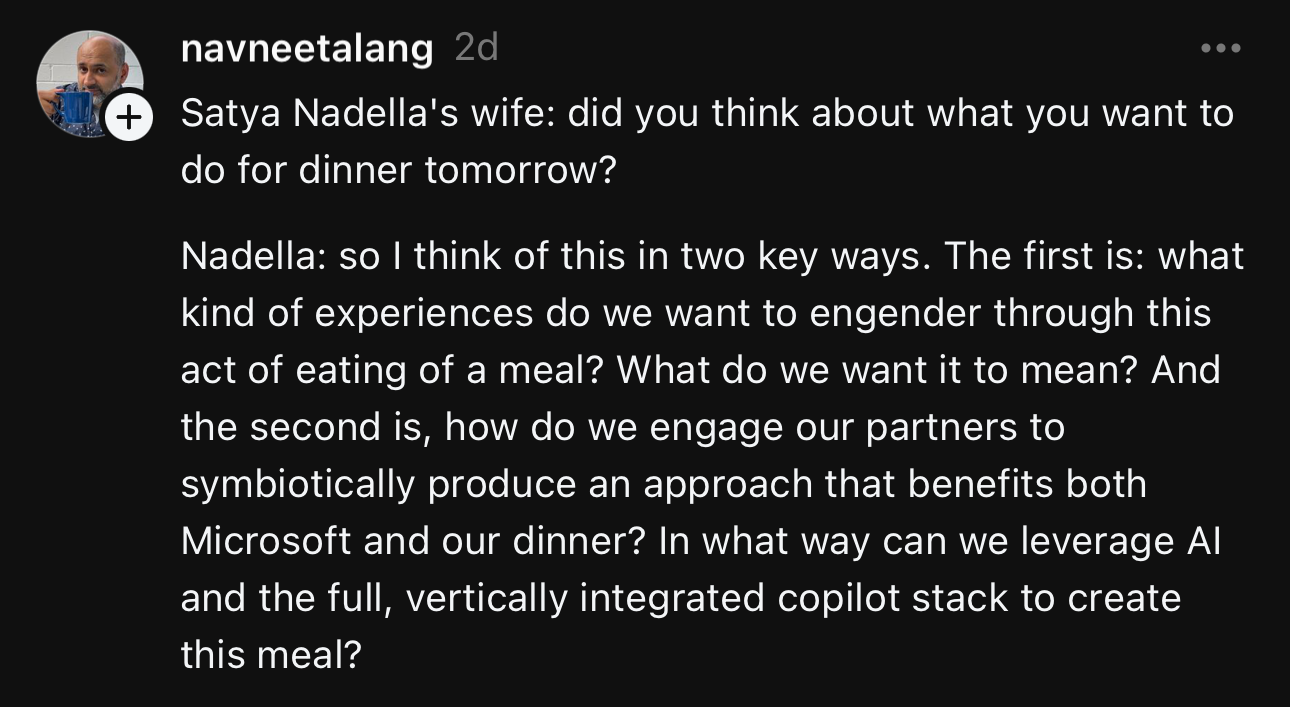
After the previous episode, why hasn’t the Doctor learned to watch where he’s walking?
Sure, Ruby, after wandering through the cold, gray and stark British countryside, seek shelter in the rural pub with a creepy name and sign. That never ends badly.
Why did the Doctor disappear? We don’t see him interact with the old woman, or hear him scream and run away. We don’t see him vanish. He’s just gone, with no explanation, and then returns with no explanation.
What was that woman saying to people that was so awful that even Ruby‘s mother abandoned her? Ruby’s mother’s love for Ruby is unconditional, but is undone with just a few words. The look of disgust and hate that Ruby’s mother gave her from the car was awful.
Apparently, a lot of people who are struggling with adoption issues in real life are having trouble with RTD using it as a McGuffin in the show.
I don’t think it matters what the old woman said. I think it was a magic spell.
The writer Charlie Jane Anders used a similar gimmick, explained away with science fiction rather than fantasy, in “Victories Greater Than Death.”
The Welsh people in the pub were great, the way they messed with Ruby and the audience. The bit about paying with the phone was doubly clever because Ruby (and we, the audience) could wonder if she’d traveled into the recent past, or some alternate timeline. But nah they were just messing with her.
Why 73 yards precisely? Why was Ruby so limited in that fashion?
73 yards = 66.66-recurring meters.
Ruby was already a supernatural figure before the episode started. Who was her mother?
Three of this season’s episodes have been among the best I’ve seen on Doctor Who, and two have been among the worst. There have been none that are merely good or ok or meh.
This is a campfire story. It scares you deliciously while you’re in it, but it doesn’t make sense. It doesn’t have to.
Roger ap Gwilliam had no platform, no agenda, no issues. He just really wanted to fire a nuke.
The episode had no opening credits.
RTD has said he doesn’t want to be limited by science fiction, he wants to do fantasy. I love his work but the distinction between much science fiction—particularly Doctor Who—and fantasy is rubbish. Doctor Who is all just technobabble; the “sonic screwdriver” is a magic wand, the TARDIS is a magic wardrobe/portal, and so on. RTD wants to swap one variety of gibberish for another. But if that lets him continue telling great stories, I’m OK with that. (The same goes for Star Trek, btw—it’s not scientific and never was. And I love it.)
I heard some of these observations on the Doctor Who Flashcast.
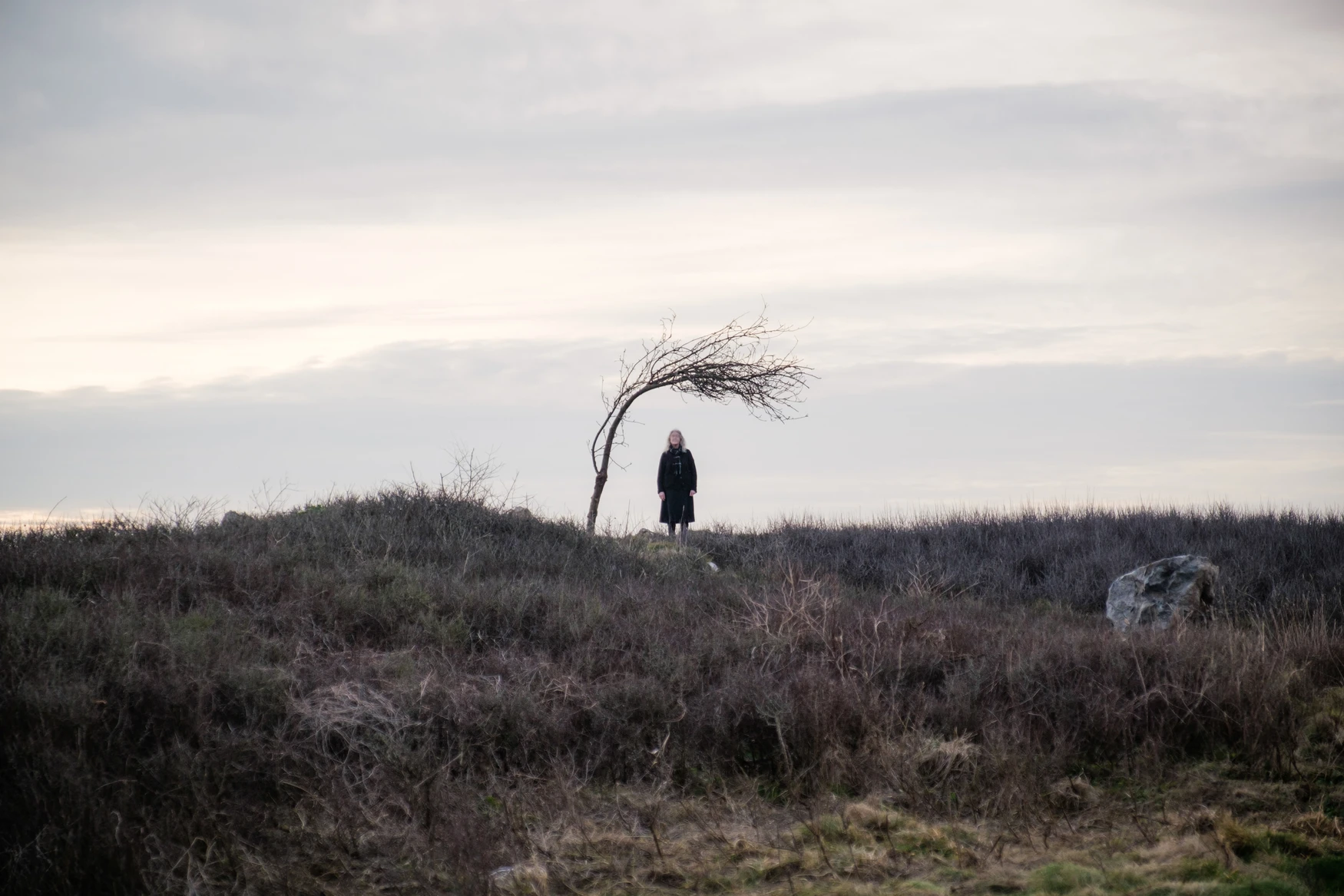
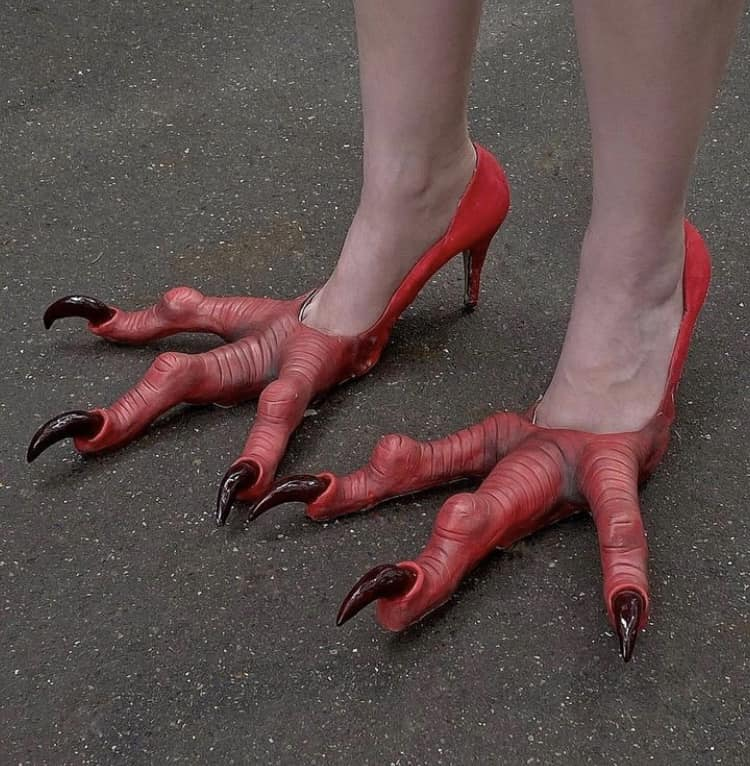
If you do not want to see a very fun movie you should not see “Road House.”

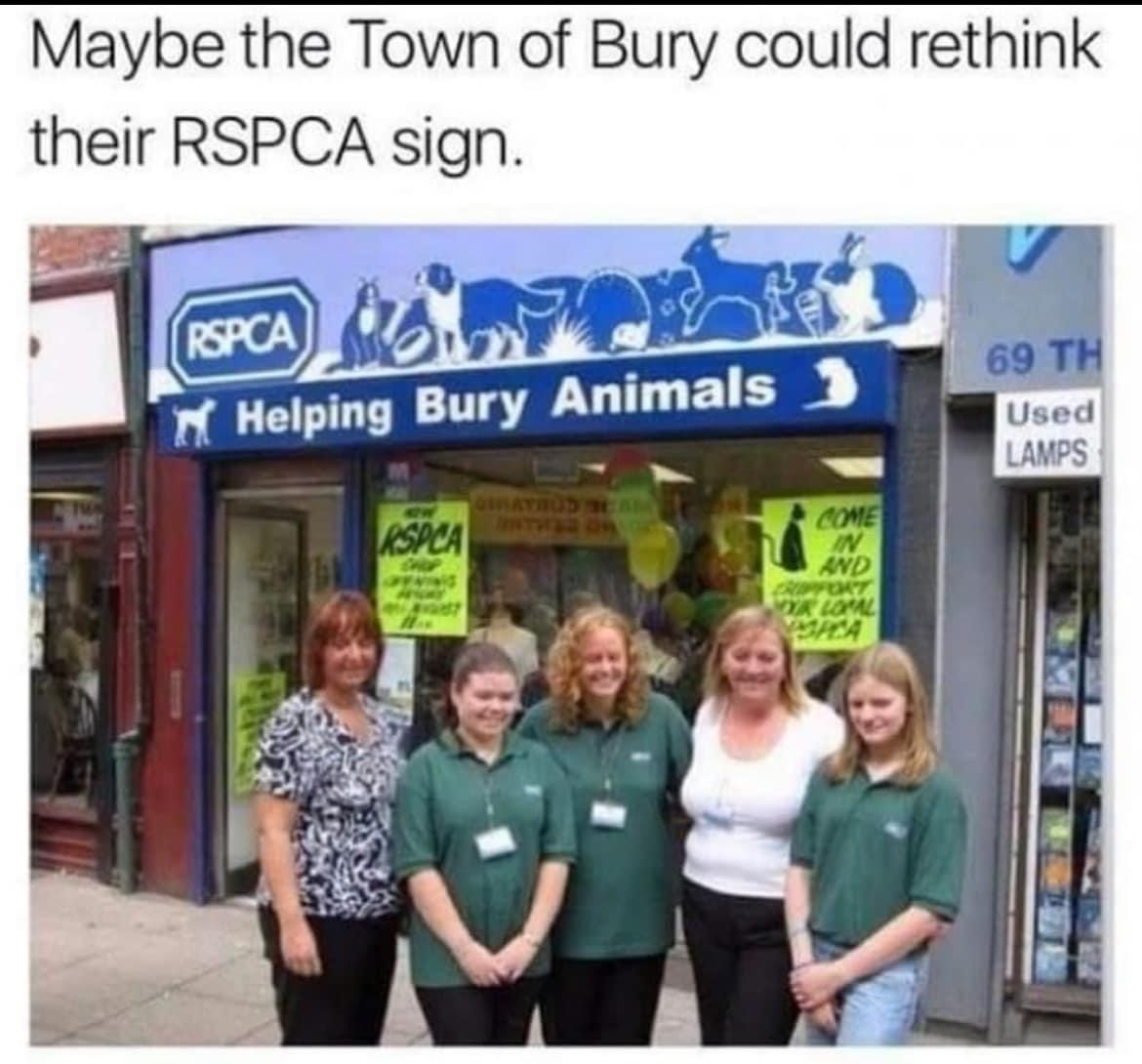

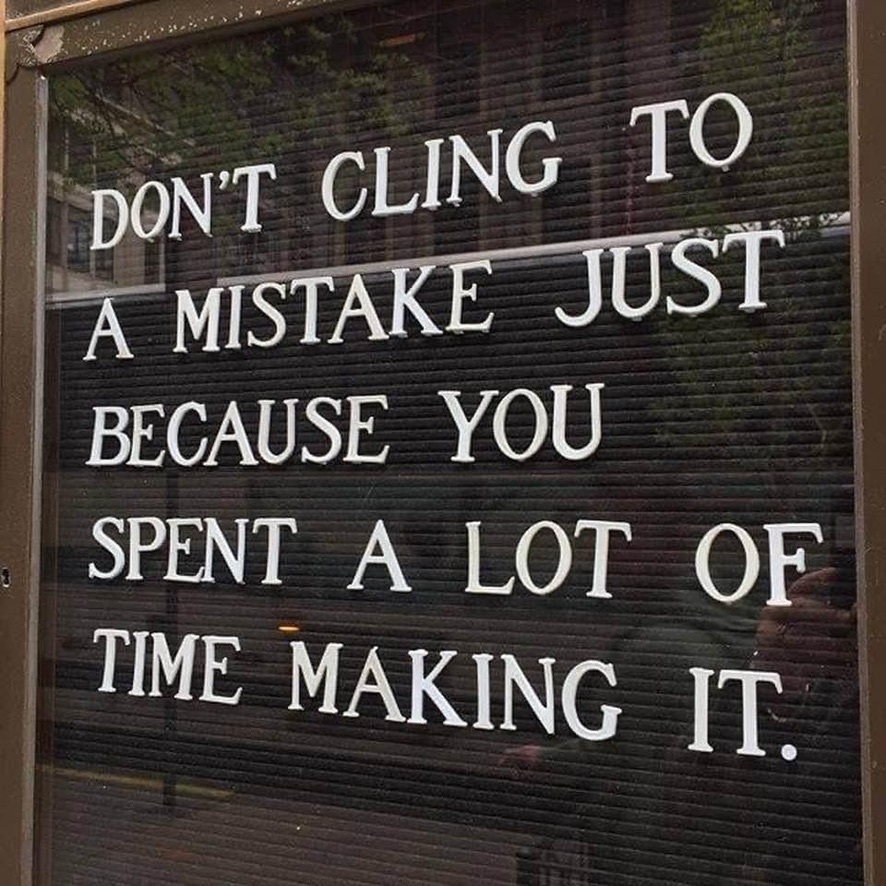

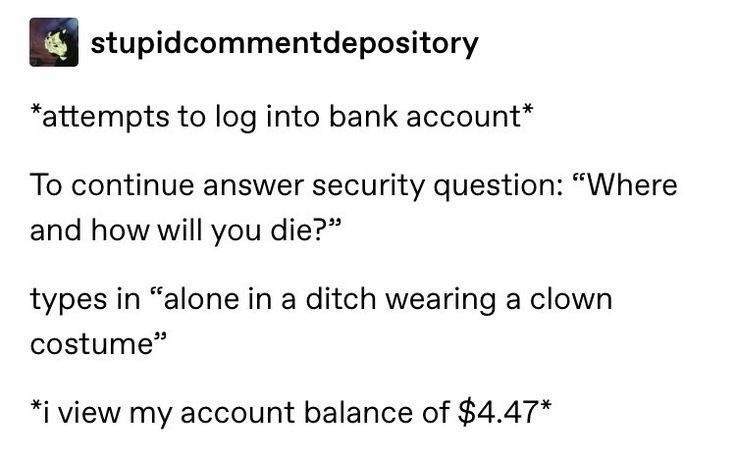
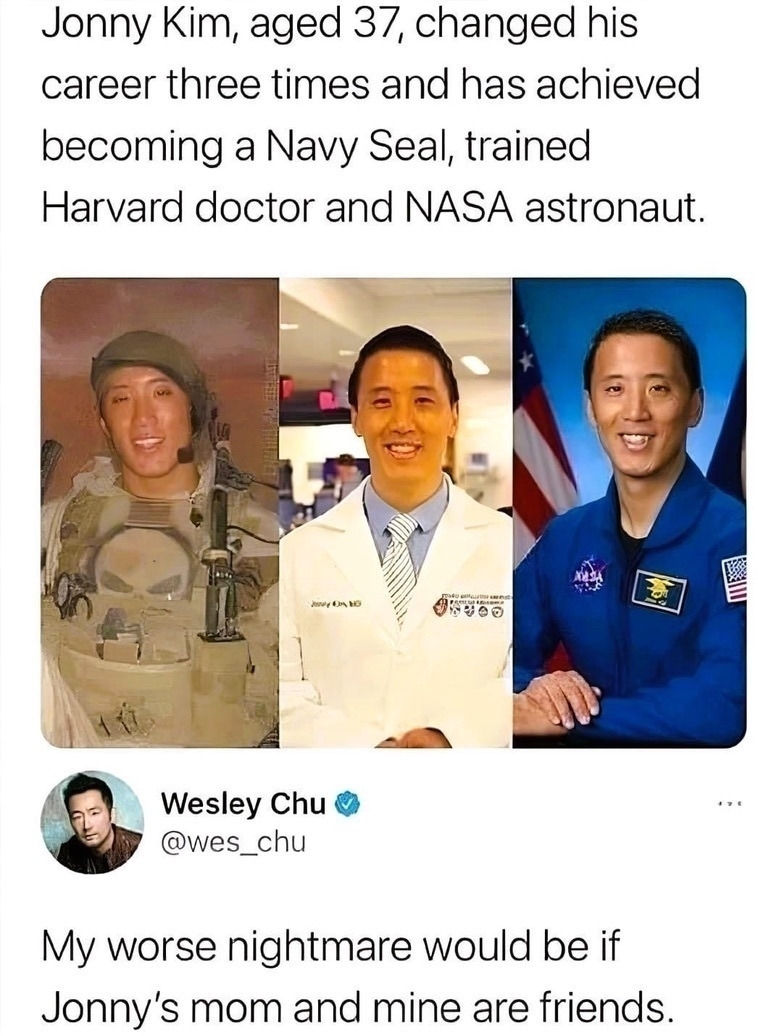
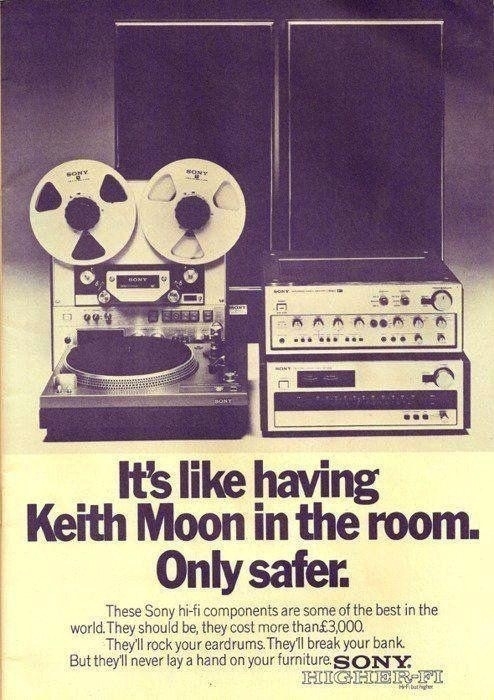
“This is the most exciting piece of excrement I’ve ever seen…. Possibly the largest and – bizarrely – most valuable poo on record.”
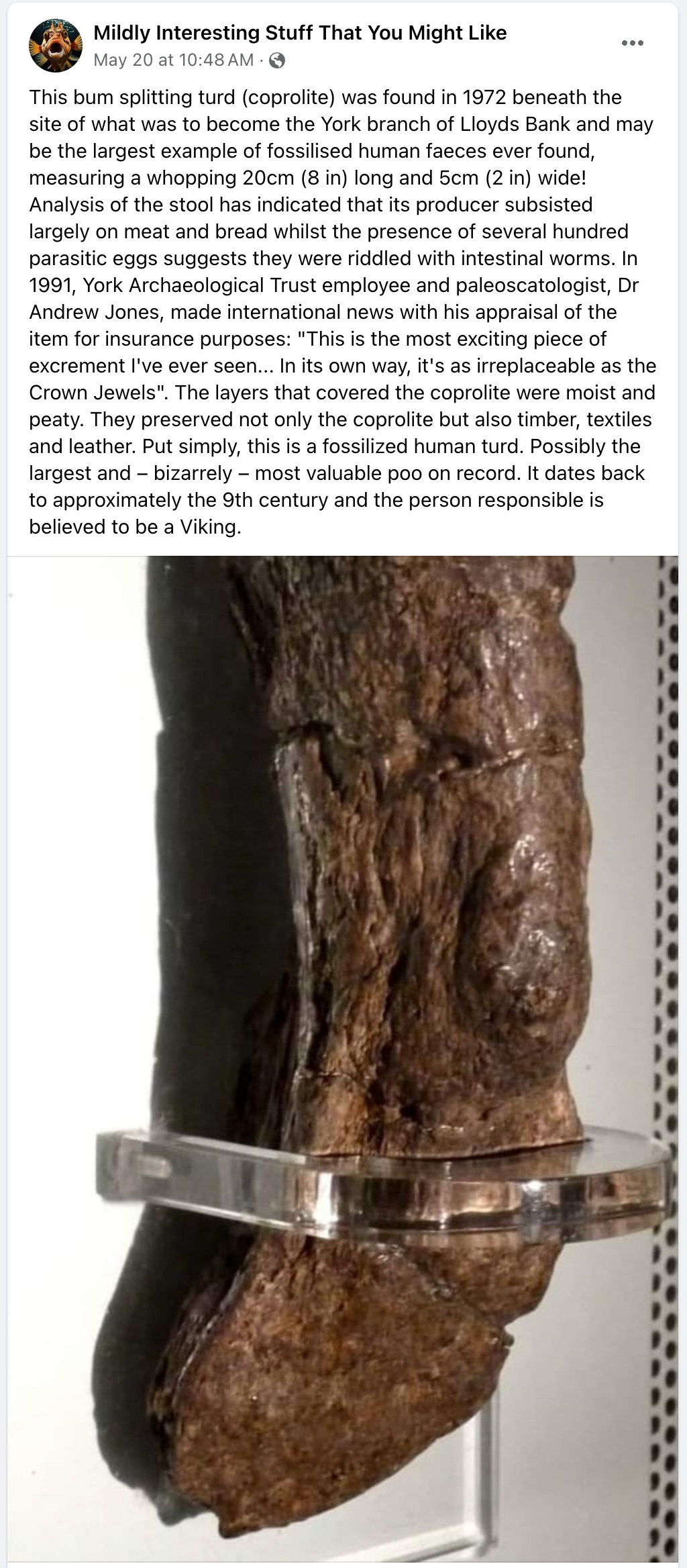
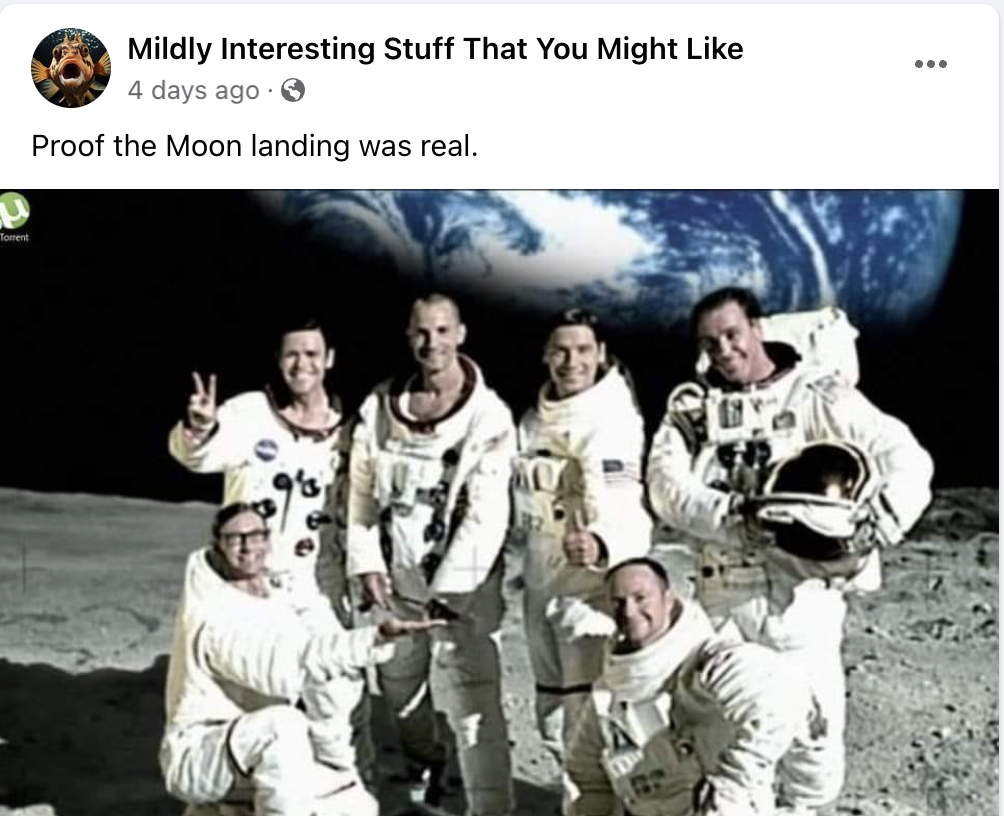


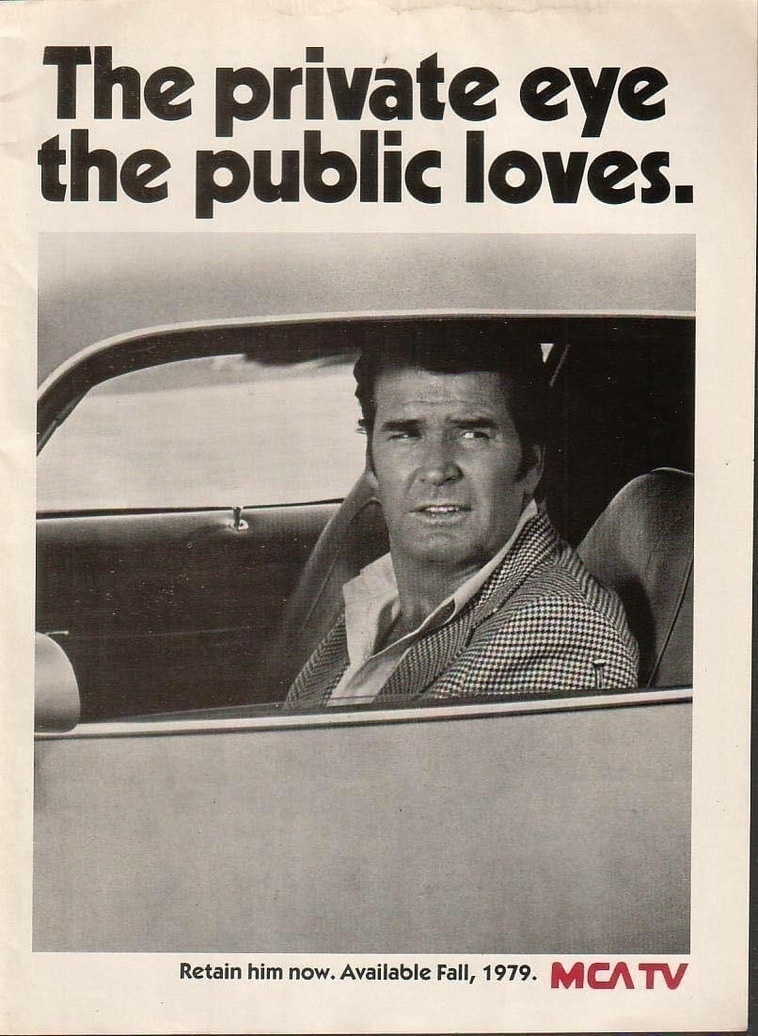
I’m turning my home office upside down looking for my passport and have not found it. But I have found nine iPhone cases and one iPad case for devices of various sizes and vintage that I no longer own.
Harlan Ellison tells the story of his encounter with Frank Sinatra. Gay Talese wrote about the incident in Talese’s classic Esquire article, “Frank Sinatra Has a Cold.” Ellison’s telling is spicier and includes details Talese left out.
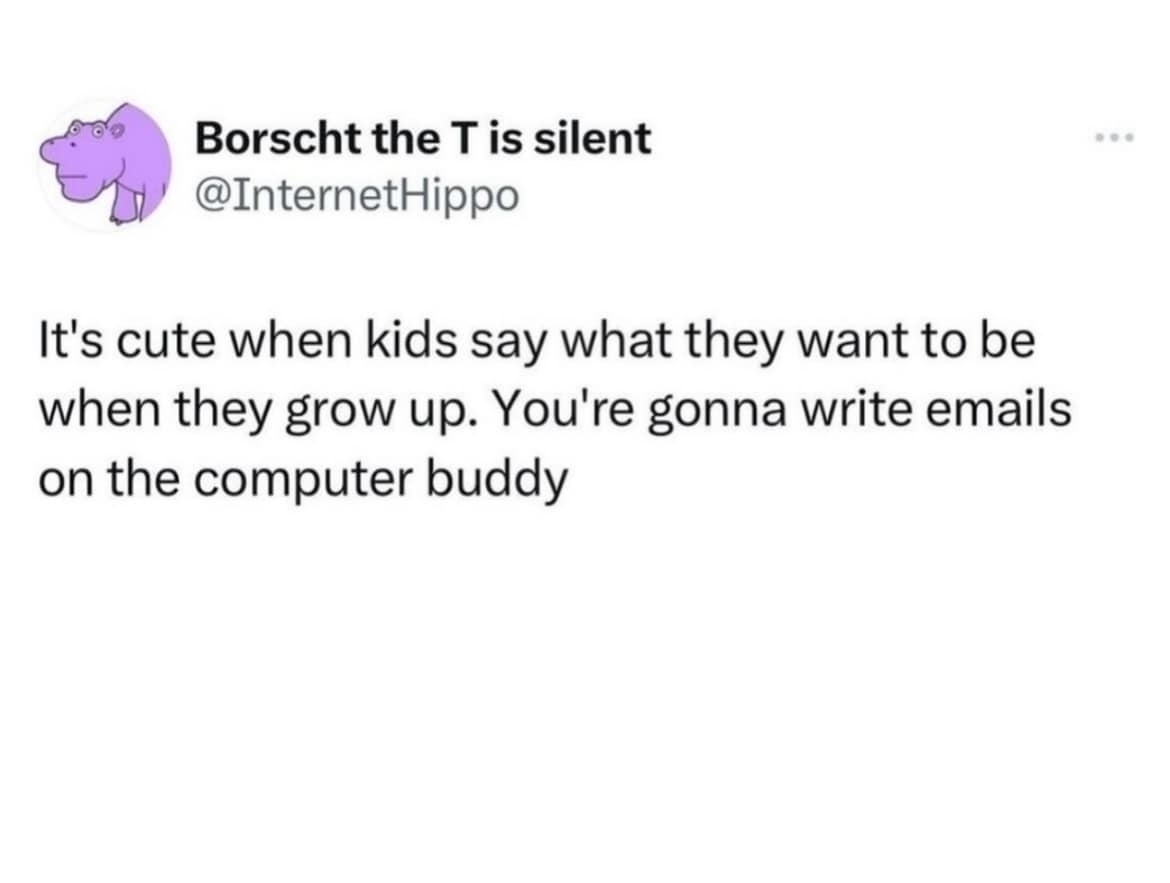
Thinking about this one time I listened to a podcast episode about imposter syndrome and thought well that was very interesting but it doesn’t apply to me because I haven’t accomplished enough for imposter syndrome.
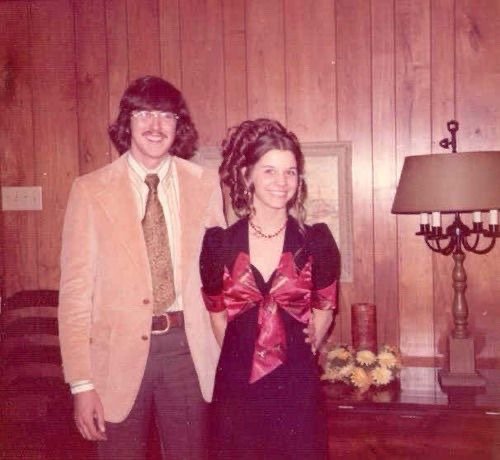



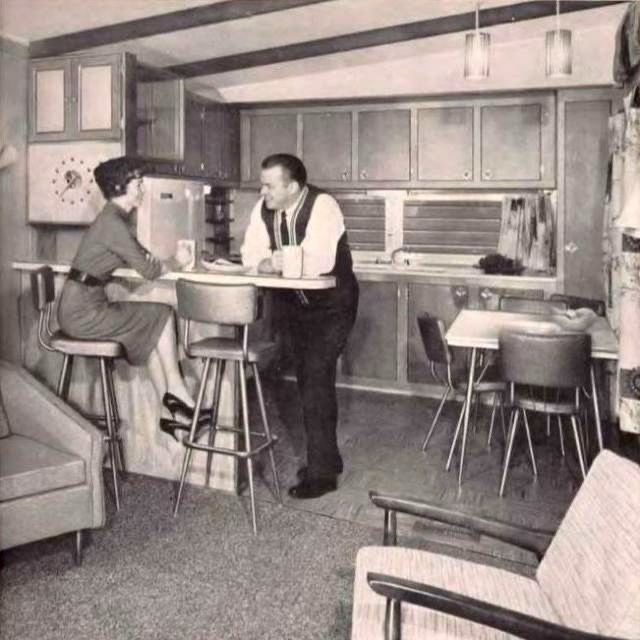



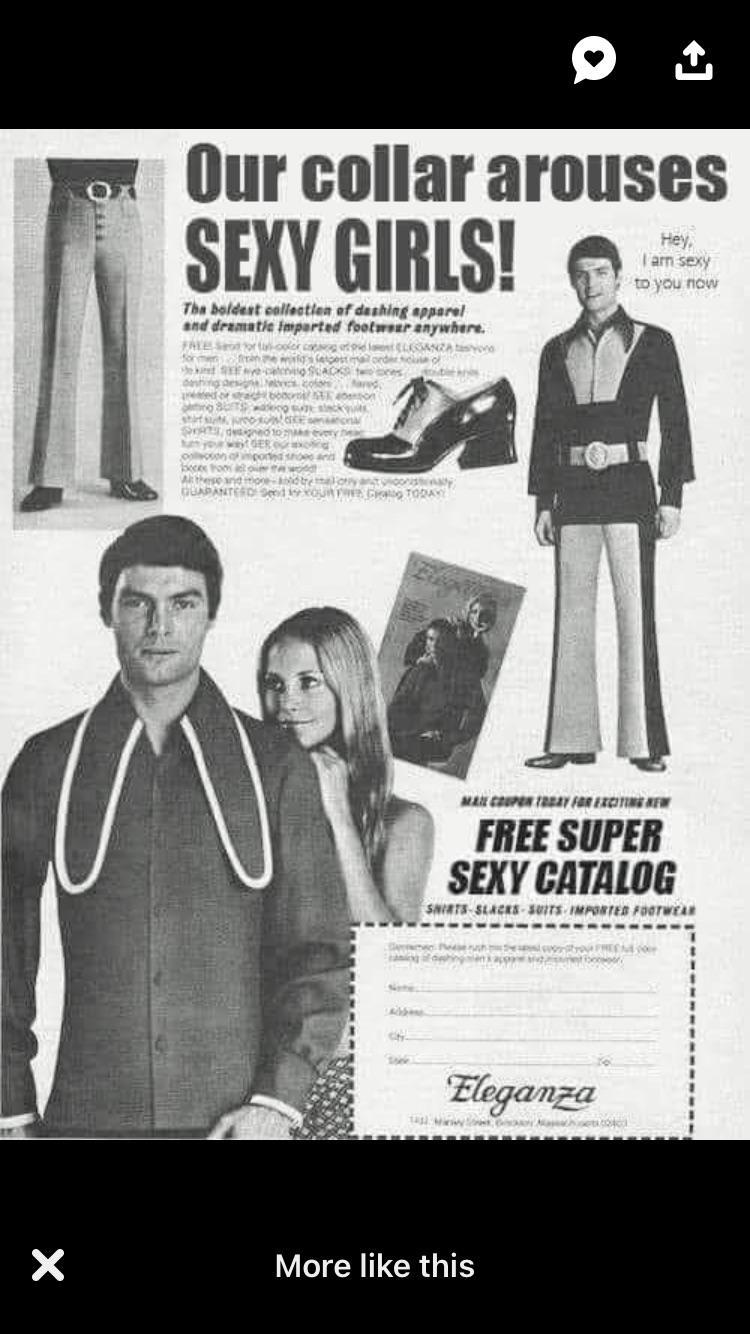



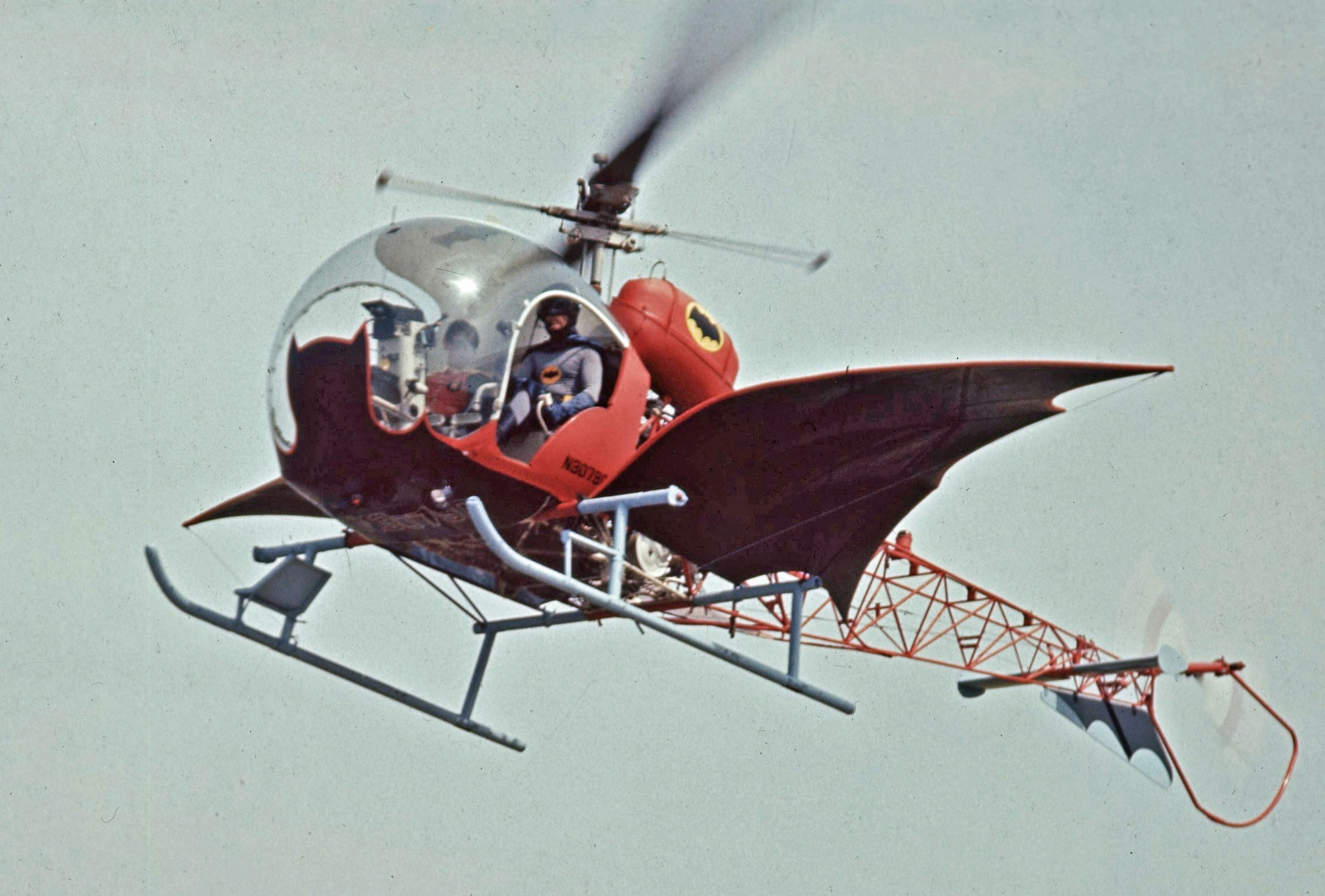

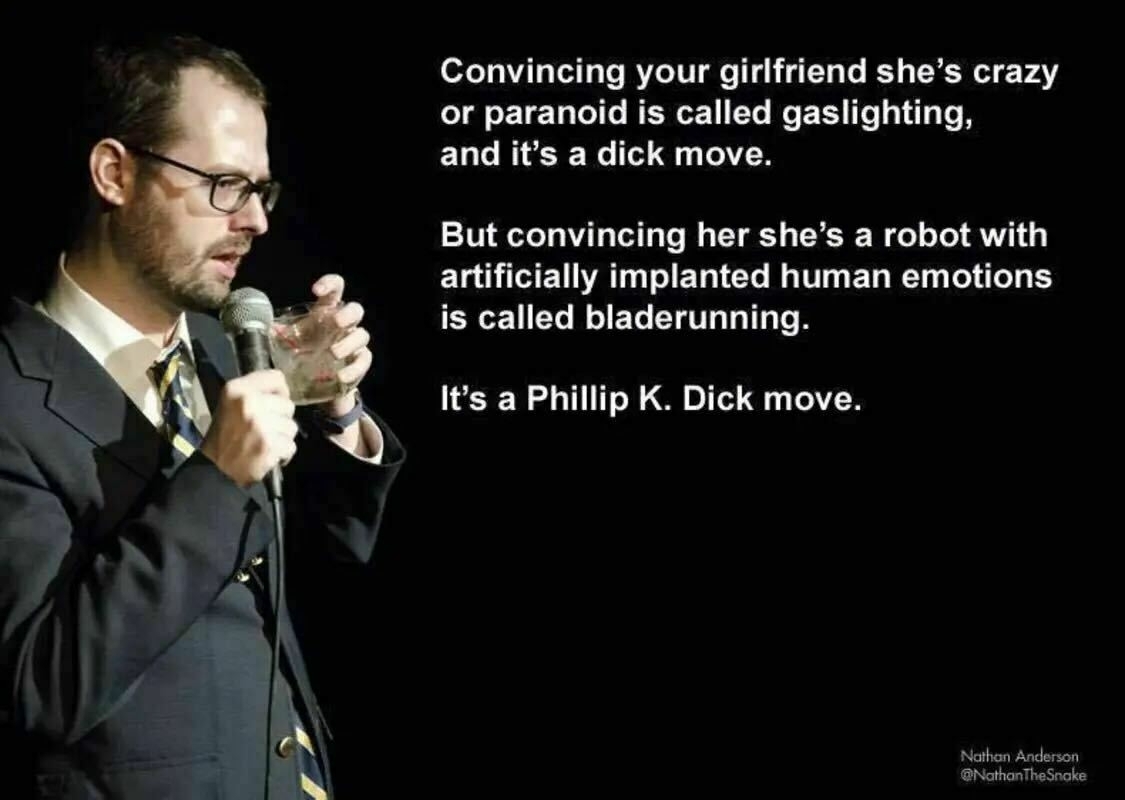
Francis Beckett profiles the caustic singer/songwriter, who is still alive at 96. Beckett never gets an answer to the question, but concludes:
Tom Lehrer is a prodigiously talented man who has no interest at all in money for its own sake, or in money to wield power. He wants enough to be comfortable and to do the few things he wants to do, and he has that. I suspect too that, despite his protestations to the contrary, there is a serious man underneath the caustic, cynical front. He once said that you cannot be funny if you are angry. He could just about stay detached enough to be funny about Eisenhower’s America. Trying to be funny about a nation that can elect a President Trump might tear him apart.
📷🏡👸Something I saw while walking the dog

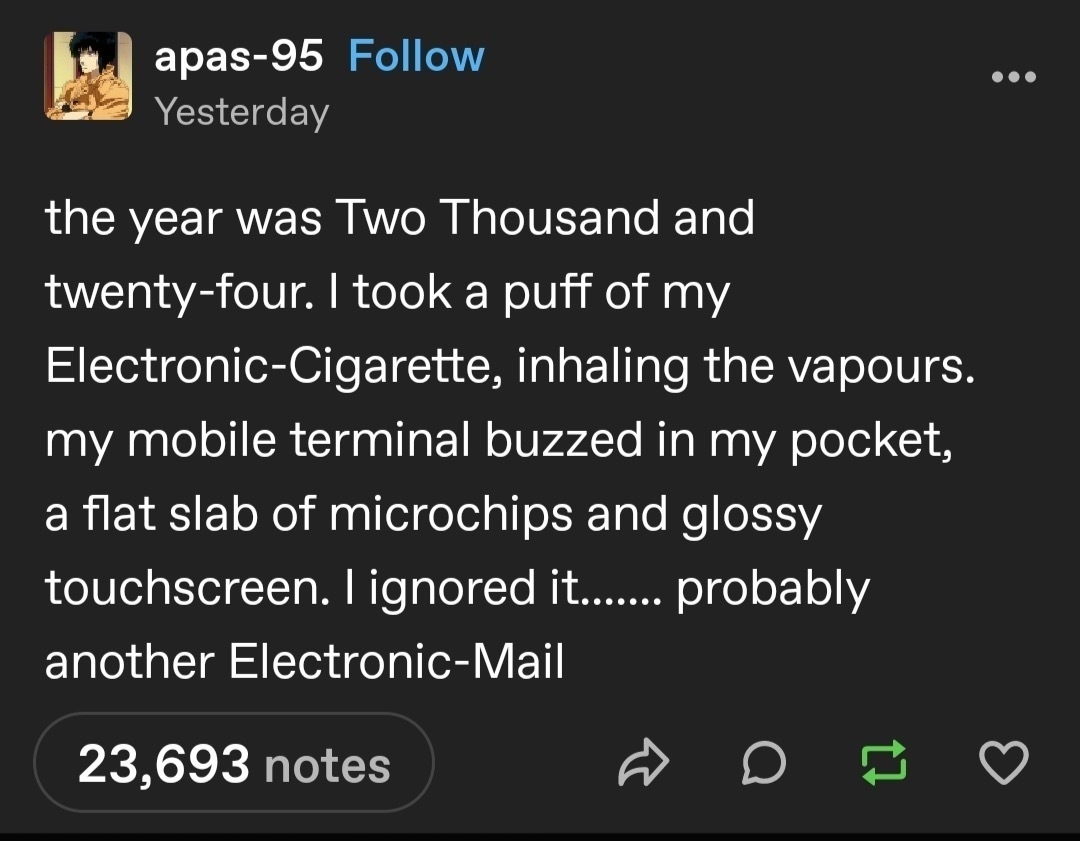
An enjoyable podcast, but a little sobering to consider two of the three men in this recent episode are now dead.
The possibility of remaking Ron Howard’s debut directorial movie, “Eat My Dust,” with a bigger budget. The Sharknado franchise. Working with Jack Nicholson on “The Crybaby Killer” and “The Trip.” Casting Peter Fonda and Nicholson. Charles Bronson, legit tough guy with a sensitive character. Boris Karloff, Vincent Price and Basil Rathbone in Edgar Allen Poe movies. Peter Lorre improvises lines, creating problems with Karloff. Making a movie on a whim, when golf plans rained out. The cult classic “Little Shop of Horrors” and its unexpected success. William Shatner’s first movie, “The Intruder,” a low-budget drama about racial integration in the South, shot in southern Missouri in the face of death threats from the Ku Klux Klan. Shooting “WIld Angels” with actual Hell’s Angels, resulting in death threats from the motorcycle club after the movie became successful. And more.
Yes, I will absolutely follow @worldof.farts. Instagram algorithm, you get me.
The Valley of the Dolls — On the Last Archive podcast, historian Jill Lepore reads her essay on the tangled history of Barbie, followed by discussion with podcast host Ben Naddaff-Hafrey about the doll and “intellectual property, IP theft, and the relationship between corporations and feminism.”
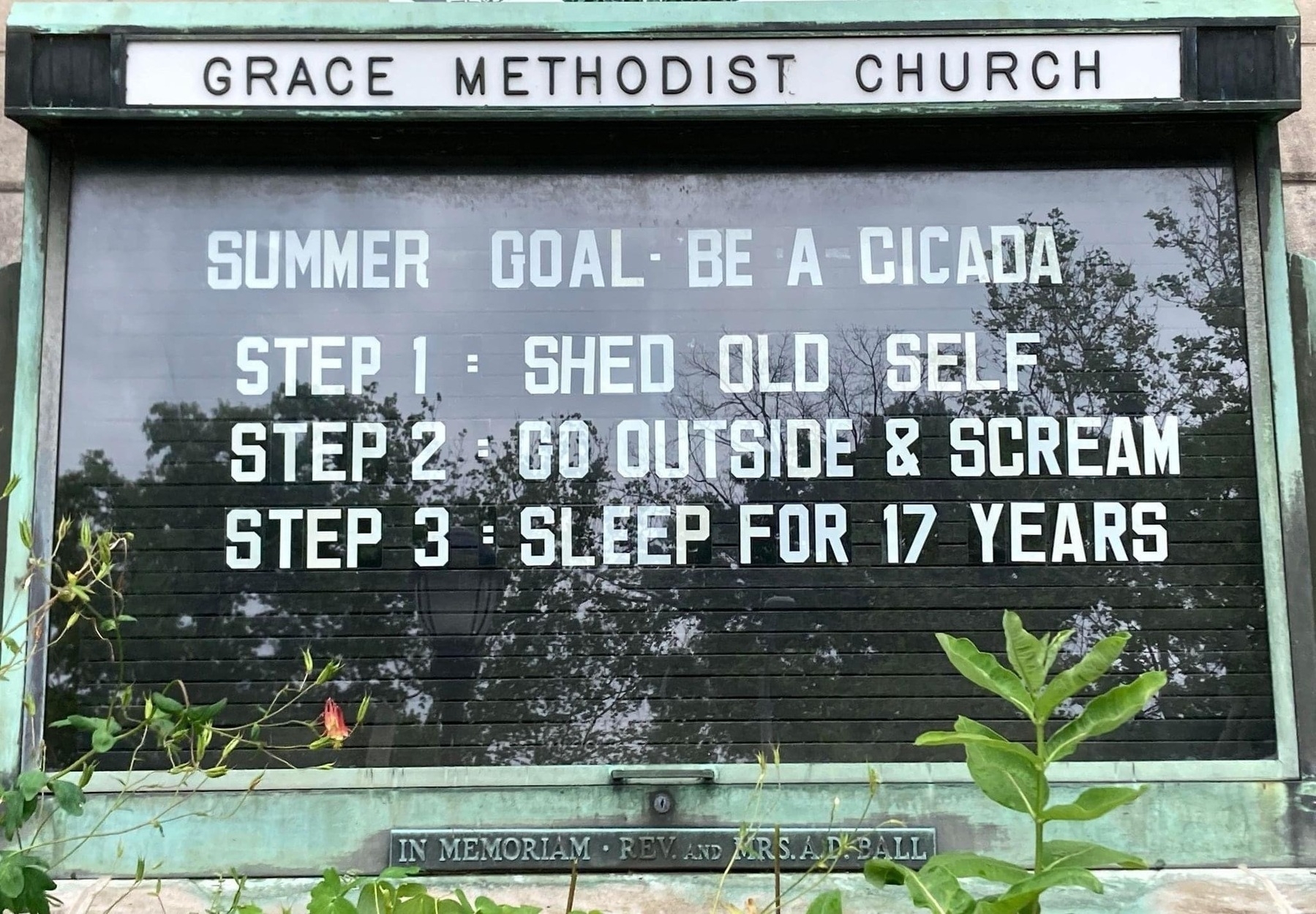
Holly Hunter will appear in a main role in the upcoming “Star Trek: Starfleet Academy” series. variety.com — Nice!
📷 🐕 💩I’m happy to report that Minnie is a healthy dog, she got her shots, she was very glad to be done with all that, and we did not break the vet’s office’s poop-free lobby streak.
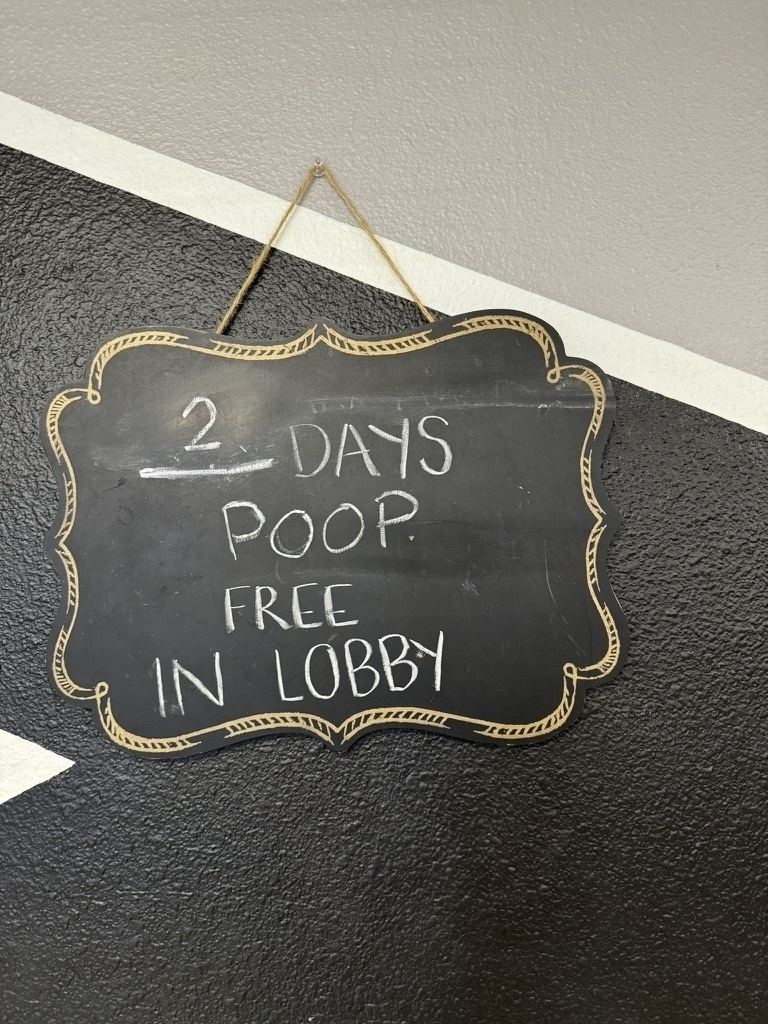
I need to take the dog to the vet later today. So much drama! Whimpering and trembling and splooting flat on the ground and refusing to move.
The dog doesn’t like it either.
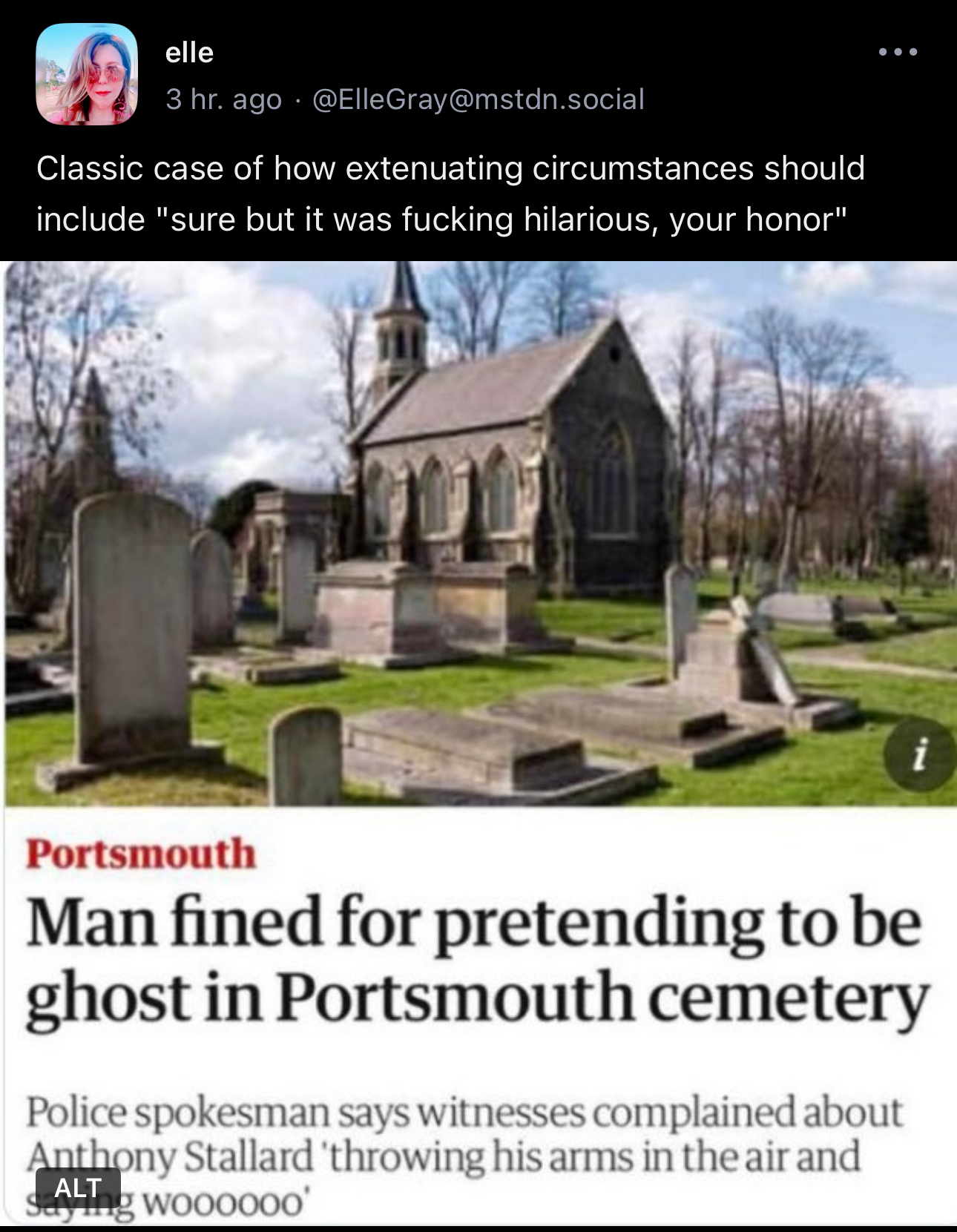
The ChatGPT-4o demo was AI for incels.
What We Lose When ChatGPT Sounds Like Scarlett Johansson — In making ChatGPT sound like Samantha in “Her,” OpenAI misses the point of the movie, which is about relationships. By Alissa Wilkinson at the New York Times.
The Clue of the Blue Bottle — On the Last Archive podcast, historian Jill Lepore attempts to solve a century-old murder in Barre, Vermont and explores the history of criminal investigations and trials, evidence, facts, clues and more.
Boat shoes are supposedly high fashion now.
I boggled because I’ve been wearing the same shabby pair of boat shoes in warm weather for 14 years. The opposite of high fashion.
Writer Jacob Gallagher had a similar thought.
Throughout college, I owned a pair of boat shoes that were, in a word, vile. I wore them until the soles were as thin as a Pringle and they stank like an elephant. By sophomore year, they were drenched in a Pollock-ian mélange of beer, mud, coffee, ketchup and other substances best left forgotten. They were a reliable, battered pair of shoes. They were also eventually a fungal science experiment. What they were absolutely not was stylish.
I go for long walks every day with the dog—a little more than 90 minutes a day on average. I do it every day when I’m well and at home, sometimes arranging my day around it. I don’t do it when my body is saying NO NO NO. When I had covid two years ago, I just parked my ass in bed for a week until I felt up to walking, then took a few days to get back into the full 90-minute walk.
I don’t run, and I certainly don’t run until I puke.
Still, I am definitely compulsive about my exercise routine. And I’m OK with that.
Also, I have to watch what I eat ALL THE TIME. I can’t just eat when I’m hungry like many people do. I have to weigh and measure nearly everything.
Fifteen years ago, I was 100 pounds overweight and sedentary. Now, even though I’m 62 years old, I firmly believe I have the body of a healthy 35-year-old, and exercise and good eating are the credit for that. (Well, also the luck to be born healthy and middle-class—those are hugely important too. But not sufficient.)
Whereas if I had kept up the bad habits I had 15 years ago, I would be a physical wreck today, and there’s a good chance I’d be dead.
Addicted to exercise? By Edith Zimmerman on Kottke.org

Group chats rule the world.
Most of the interesting conversations in tech now happen in private group chats: Whatsapp, Telegram, Signal, small invite-only Discord groups.
Also:
… every group chat has a n-1 group containing everyone except that annoying member. And if you think your chat doesn’t have such a group, oh boy, do I have some bad news for you.
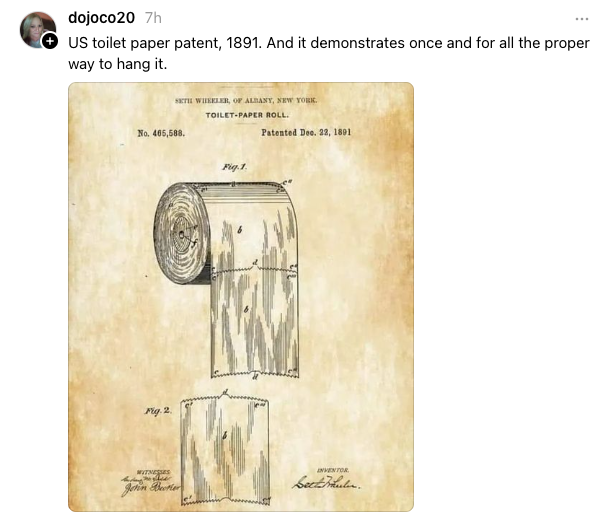


I loved the “Planet of the Apes” movies and TV series when I was a kid. We’ve recently seen the first two of the current series, starting with “Rise” in 2011, and I think those are pretty great too.
We watched “Dawn of the Planet of the Apes” last night. The motion-capture/CGI performances of the ape characters were brilliant. Thematically, the movie was of a piece with the 1968-70s series, at least as I remember it, about the futility and misery of violence, war and hate, and of seeing other races as animals—“vermin”—and how violence and hate becomes a tide that sweeps good people away.
The movie came out in 2014, and some of the parallels to the ten years of events that were to follow—the last 10 years we’ve lived through—are eerie. A plague. The rise of a megalomanial leader who’s driven by self-love and hate for others.
There is no franchise in Hollywood filmmaking that is as consistently good, and as consistently interesting, as “Planet of the Apes.”
I feel very strongly about this, and not because I am an admitted enthusiast of genre filmmaking. Like any long-running series, “Planet of the Apes” – which spans 10 films and more than 50 years – has its lows. But those are well outnumbered by the films that deliver real thrills, showcase strong (and occasionally exceptional) performances and, rare among Hollywood movies of its type, provoke thoughtful discussion of serious ideas.
John Scalzi has finished writing his next novel. It looks ridiculously cheesy. How the hell does he keep getting away with this? whatever.scalzi.com/2024/05/1…
When Humanity Gets Messy, Sometimes the Best Tech Solution Is To Do Nothing — The people who set up the New York-Dublin video portal learned the wrong lesson, says Mike Masnick. They should have just kept it going, and accepted a certain amount of bad behavior.
Jetpacks were ubiquitous in midcentury pop culture, including James Bond, the Jetsons and Gilligan’s Island. “… it felt like a matter of time before people could ride a jetpack to work.” But we never got personal jetpacks. This delightful episode of the 99% Invisible podcast looks at the history of the jetpack—how it came to be developed after World War II, how it became a pop culture phenom, and why it flopped. As always, the website has great images to accompany the podcast. 99percentinvisible.org
Also: Cory Doctorow—You were promised a jetpack by liars. pluralistic.net
The jetpack—technically a rocket belt—was developed by Wendell Moore at Bell Aircraft Corp. in the 1960s.
Moore was a consummate showman, which is to say, a bullshitter. He was forever telling the press that his jetpacks would be on everyone’s back in one to two years, and he got an impressionable young man, Bill Suitor, to stage showy public demonstrations of the rocket belt. If you ever saw a video of a brave rocketeer piloting a jetpack, it was almost certainly Suitor. Suitor was Connery’s stunt-double in Thunderball, and it was he who flew the rocket belt around Sleeping Beauty castle.
Suitor’s interview … for the podcast is delightful. Suitor is a hilarious, profane old airman who led an extraordinary life and tells stories with expert timing, busting out great phrases like “a surprise is a fart with a lump in it.”
But what’s most striking about the tale of the Bell rocket belt is the shape of the deception that Moore and Bell pulled off. By conspicuously failing to mention the rocket belt’s limitations, and by callously risking Suitor’s life over and over again, they were able to create the impression that jetpacks were everywhere, and that they were trembling on the verge of widespread, popular adoption.
What’s more, they played a double game: all the public enthusiasm they manufactured with their carefully stage-managed, canned demos was designed to help them win more defense contracts to keep their dream alive. Ultimately, Uncle Sucker declined to continue funding their boondoggle, and the demos petered out, and the “promise” of a jetpack was broken.
As I listened to the 99 Percent Invisible episode, I was struck by the familiarity of this shuck: this is exactly what the self-driving car bros did over the past decade to convince us all that the human driver was already obsolete. The playbook was nearly identical, right down to the shameless huckster insisting that “full self-driving is one to two years away” every year for a decade:
Cory also sees similar scams in hype about robots and AI.
I’m far less skeptical about AI than Cory is. Generative AI in particular. I use GenAI several times a week, and find it helpful. Still, I wave off claims that GenAI is on the verge of superhuman intelligence. Lesser claims, that GenAI will be as transformative as the smartphone or Internet, are more credible. But I’ll believe that when I see it.
I asked ChatGPT to summarize the 99% Invisible podcast episode about jetpacks, and it summarized the wrong episode. When I pointed it to the right episode, the summary it delivered was bland and useless. ChatGPT gets it spectacularly wrong like that nearly as often as it gets it right.
Floppy disks are still in use today, in planes, trains, industrial sewing machines and more.
Steven Vaughan-Nichols @sjvn@mastodon.social:
In the late 1960s, IBM engineers Alan Shugart and David L. Noble envisioned a compact and portable solution for storing data. This pioneering work, Project Minnow, led to the creation of the first commercially viable 8-inch floppy disk in 1971. Its 79K of storage may seem like nothing to you, but it held the equivalent of 3,000 punched cards. Which would you rather drop? A single disk or thousands of cards?
📷 Something I saw while walking the dog.

🎥🦍👍
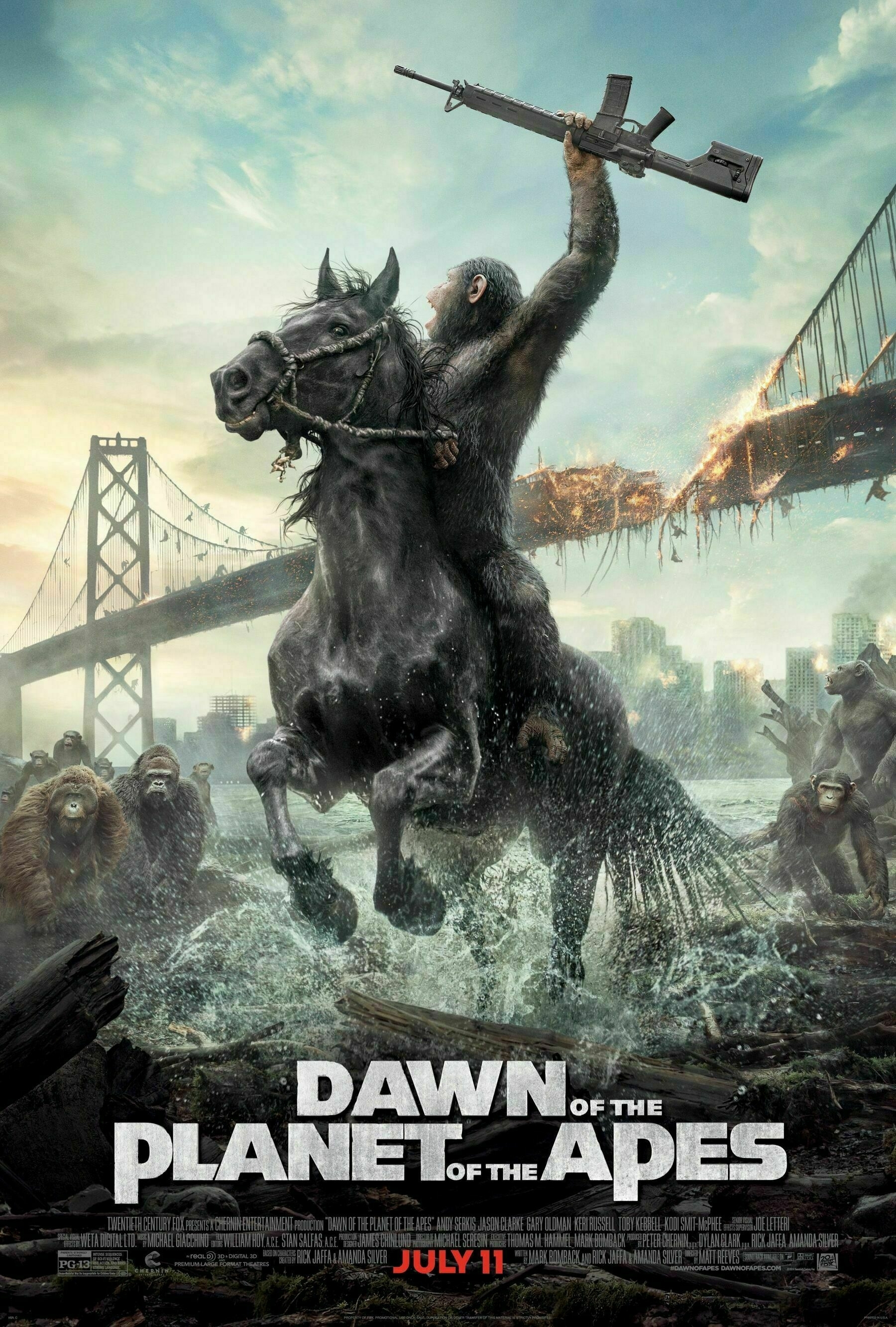
🌮An Oakland, California woman was arrested after allegedly stealing a taco truck and being discovered by police inside the vehicle, consuming its contents.
She explained that she was hungry.
I do not often work in Microsoft Word, and when I do, I remember why.
WORD: “You’ve been writing this document in a 12-point font. 10-point font from now on!”
ME: “Why are you doing this?”
WORD: “I was bored.”
We saw a trailer for “Evil” last night and liked it enough to add it to the to-watch list. “Team investigating paranormal shit” is a good formula.
We like our current vet but they do not take appointments. I got up early on two Saturdays in a row and found they already had a 3+ hour wait. This does not bode well for our long-term relationship.
